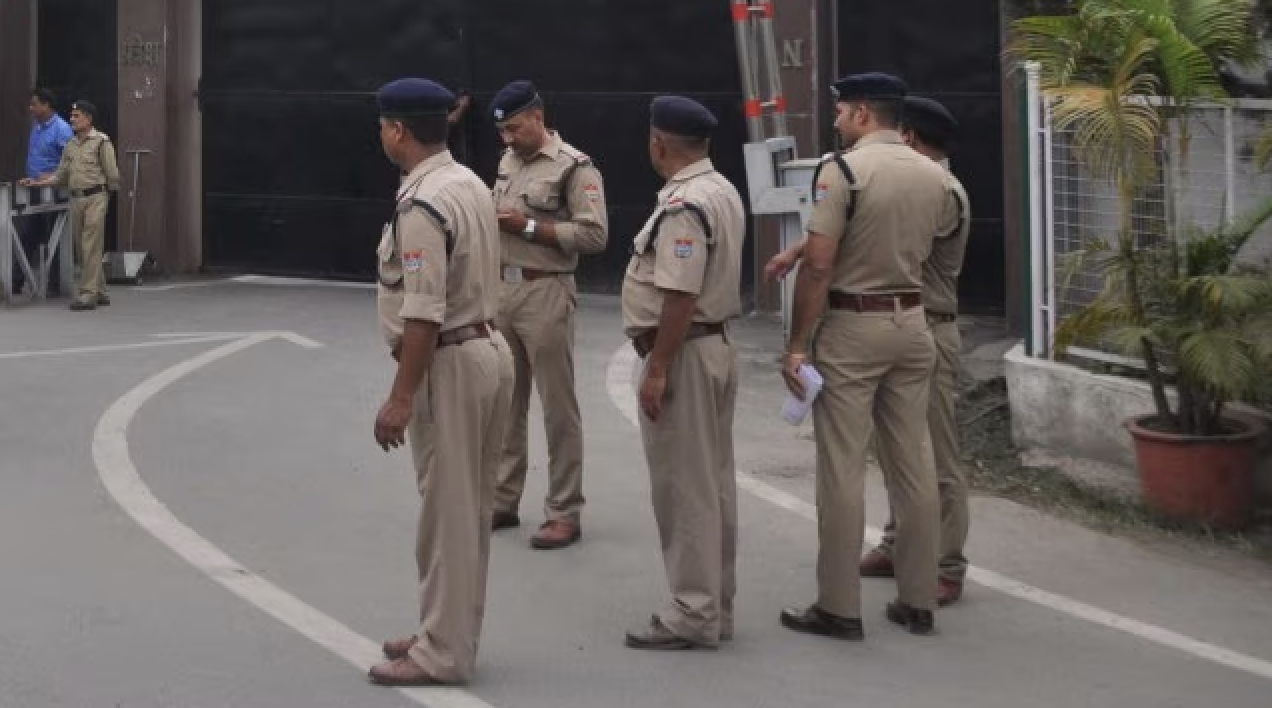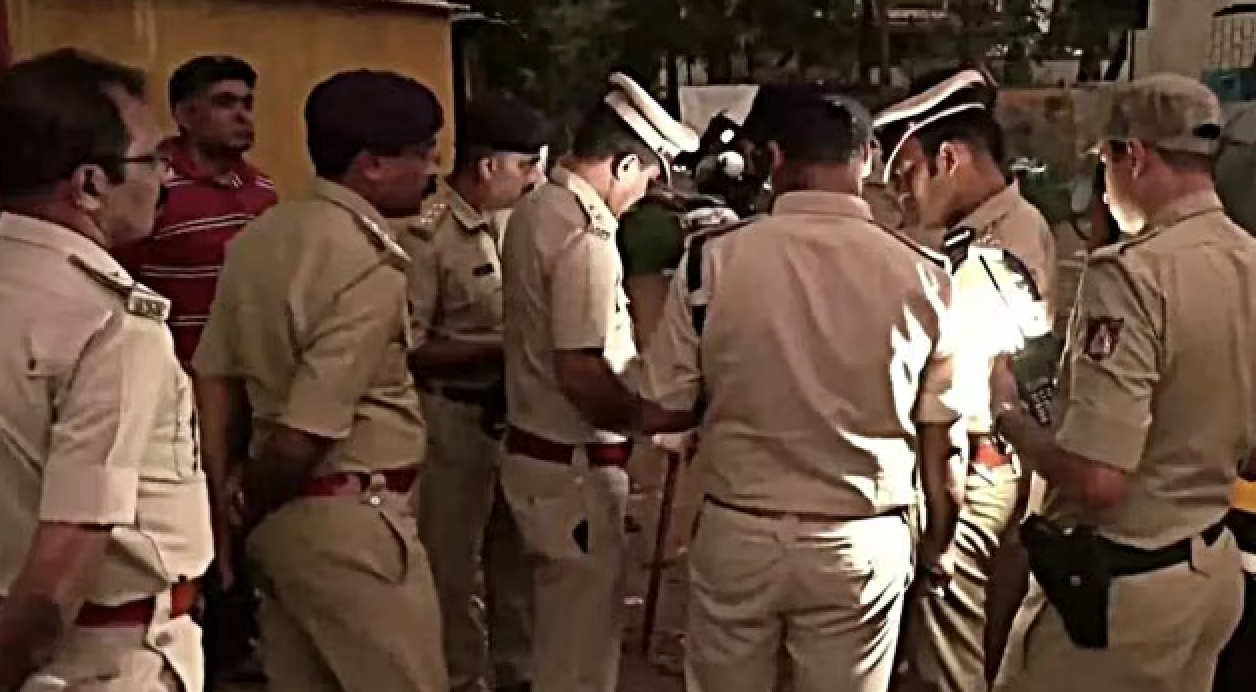Modi’s praise by the judges shows that the so-called church-state separation in the context of the judiciary is blurring, undermining its credibility.

Prime Minister Narendra Modi has been called many things. Donald Trump even called him “my true friend”, “religious’, “calm” and “tough” man. But nothing beats the new level of praise that he got from a Supreme Court judge — “versatile genius”.
The third senior-most judge of the Supreme Court of India Justice Arun Mishra went overboard on 22 February, in his appreciation of Modi, describing him as an “internationally acclaimed visionary and a versatile genius who thinks globally and acts locally”.
Justice Mishra was speaking at the inaugural function of the International Judicial Conference, 2020, an event where, apart from the Prime Minister and Union Law Minister Ravi Shankar Prasad, sitting judges from over 20 countries were also present.
From trying to rule through obiter, some judges seem to have decided to take their words outside the courtrooms too. The so-called church-state separation in the context of the judiciary is blurring, undermining its credibility and the strength of democracy.
But, if anyone thinks Justice Mishra is the first judge to make such loaded comments, drawing controversy to what is supposed to be an independent institution, think again.
CJI no different
Before Justice Mishra’s contentious remark, Chief Justice of India (CJI) S.A. Bobde had declared that “real rights are a result of performance of duty”. He was of course, quoting Mahatma Gandhi, but without possibly realising that the context was different and that, unlike the father of the nation, who never held a constitutional post in independent India, CJI Bobde had an obligation to uphold the rights of all citizens, including those who failed to perform their duties.
In August 2019, Supreme Court judge M.R. Shah, then Chief Justice of Patna High Court, was gushing in his praise of Prime Minister Narendra Modi, referring to him as a “model and hero”.
“…Modi is a model. He is a hero. This is what is being said about him for the past one month. There are thousands of clippings on social media. The papers are also publishing the same, daily,” Justice Shah had said.
In these trying times, when every action and word of every constitutional office-holder is being carefully scrutinised, judges, like Caesar’s wife, must be above suspicion.
Before Modi, it was Indira Gandhi
Decades before Justice Shah, there was justice P.N. Bhagwati, who later rose to become the CJI.
Justice Bhagwati, who superseded three senior judges to be appointed as the CJI by the Indira Gandhi government, penned a letter of praise to Indira after her party’s resounding victory in the 1980 Lok Sabha election.
“May I offer you my heartiest congratulations on your resounding victory in the elections and your triumphant return as prime minister of India? It is a most remarkable achievement of which you, your friends and well-wishers can be justly proud. It is a great honour to be the prime minister of a country like India,” he told Indira Gandhi.
But he didn’t stop at that.
“You have become the symbol of the hopes and aspirations of the poor, hungry millions of Indians who had so far nothing to hope for and nothing to live for… I am sure with your iron will and firm determination, uncanny insight and dynamic vision, great administrative capacity and vast experience, overwhelming love and affection of the people and above all, a heart which is identified with the misery of the poor and the weak you will be able to steer the ship of the nation,” Bhagwati wrote to Indira.
Justice Bhagwati had earlier been part of the highly controversial majority view in the ADM Jabalpur case — popularly known as the Habeas Corpus case — by which the Supreme Court had agreed with the government’s assertion that in times of emergency, the government could take away a citizen’s fundamental rights.
Thirty years after the judgment, Justice Bhagwati apologised, saying if he could turn the clock back, he would side with the dissent penned by Justice H.R. Khanna, something that cost Justice Khanna his rightful shot at chief justiceship of the Supreme Court.
Erosion of credibility
Statements like Justice Mishra’s or Justice Shah’s don’t bring credit to the judiciary, which, in all times, is the final arbiter of legality and constitutionality of actions of the executive.
When they feel the urge to praise the government or any of its functionaries, including the Prime Minister, judges would do well to remember the words of jurist and former Supreme Court judge V.D. Tulzapurkar.
“If judges start sending bouquets or congratulatory letters to a political leader on his political victory, eulogising him on assumption of high office in adulatory terms, the people’s confidence in the judiciary will be shaken,” Justice Tulzapurkar had said two months after the letter written by Justice Bhagwati.
Judges would do well to avoid humouring Prime Minister Modi’s request to see the insides of the Supreme Court, especially when they are hearing a number of cases challenging his government’s actions.
Even small missteps can erode the credibility of an institution — credibility that has been acquired after decades of hard work and institutional integrity.
This story first appeared in theprint.in on FEB 26, 2020 here.






